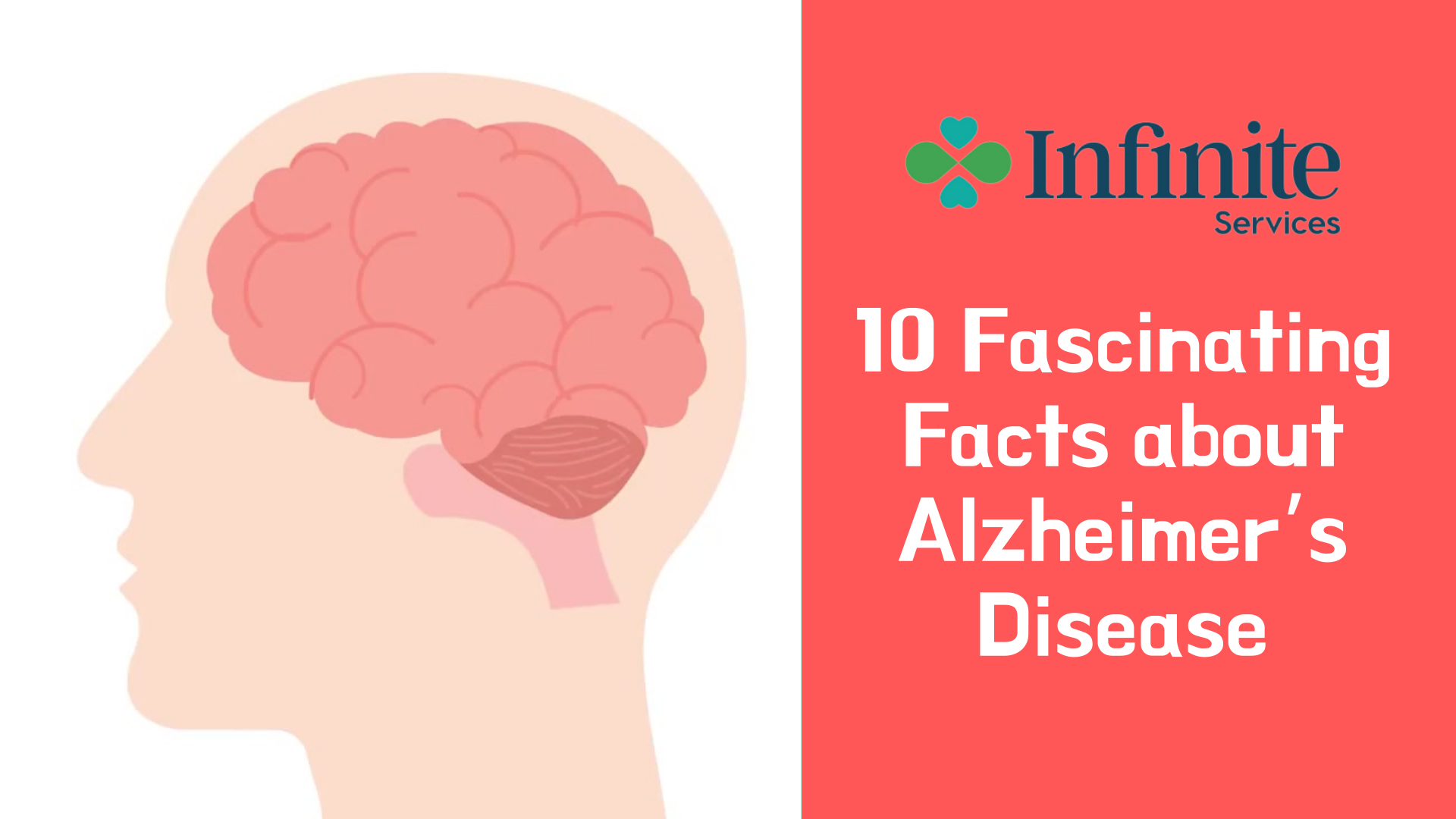
10 Fascinating Facts About Alzheimer’s Disease
As June begins, it serves as a poignant reminder of the importance of understanding Alzheimer's disease and promoting brain health.
Let's discuss the Fascinating Facts About Alzheimer’s Disease:
1. Higher Incidence in Women: Women are nearly twice as likely to develop Alzheimer’s disease compared to men. The disease also progresses more rapidly in women, potentially due to other health factors influencing brain shrinkage.
2. Impact on Sense of Smell: Early-stage Alzheimer’s can lead to a loss of smell, as noted by the National Institutes of Health (NIH). This symptom might also be caused by other conditions such as brain injury, sinus infections, or Parkinson’s disease.
3. Increasing Prevalence: The number of Americans with Alzheimer’s is rising. By 2025, it’s projected that 7.1 million people will have Alzheimer’s or other dementias, a more than 40% increase from 2015. By 2050, this number could nearly triple to 13.8 million.
4. Undiagnosed Cases: Despite 5.4 million Americans living with Alzheimer’s, over half are unaware they have it. This is largely due to difficulties in detecting the disease in its early stages.
5. Highlighting the crucial role of Healthcare Facilities and Family support: In the U.S., 83% of support for older adults comes from family members, unpaid caregivers, and close friends. Nearly half of these caregivers provide assistance to individuals with Alzheimer’s or other dementias.
6. Majority of Caregivers are Women: Two-thirds of Alzheimer’s caregivers are women, with one-third being the daughters of those with dementia. Around 30% of caregivers are aged 65 or older, and many belong to the “sandwich generation,” caring for both aging parents and young children.
7. Emotional Memory Retention: Alzheimer’s disease primarily affects cognitive functions, but emotional memories can remain intact longer than other types of memory.
8.Education as a Protective Factor: Higher levels of education may reduce the risk of Alzheimer’s by keeping the brain active. Engaging in activities like learning new languages, taking classes, playing musical instruments, and participating in group activities can help lower the odds of developing the disease.
9. Gradual Brain Degeneration: Alzheimer’s was first identified by Dr. Alois Alzheimer in 1906. He discovered that the disease involves gradual brain degeneration, which he observed in a patient with significant memory loss and cognitive issues.
10. Structural Brain Changes: Alzheimer’s disease leads to structural changes in the brain, including the shrinkage of the cerebral cortex and enlargement of brain ventricles. These changes can affect movement recognition, gaze orientation, and pupil response to light.
Partner with Infinite Services for compassionate Therapy services for your family members with Alzheimer's.